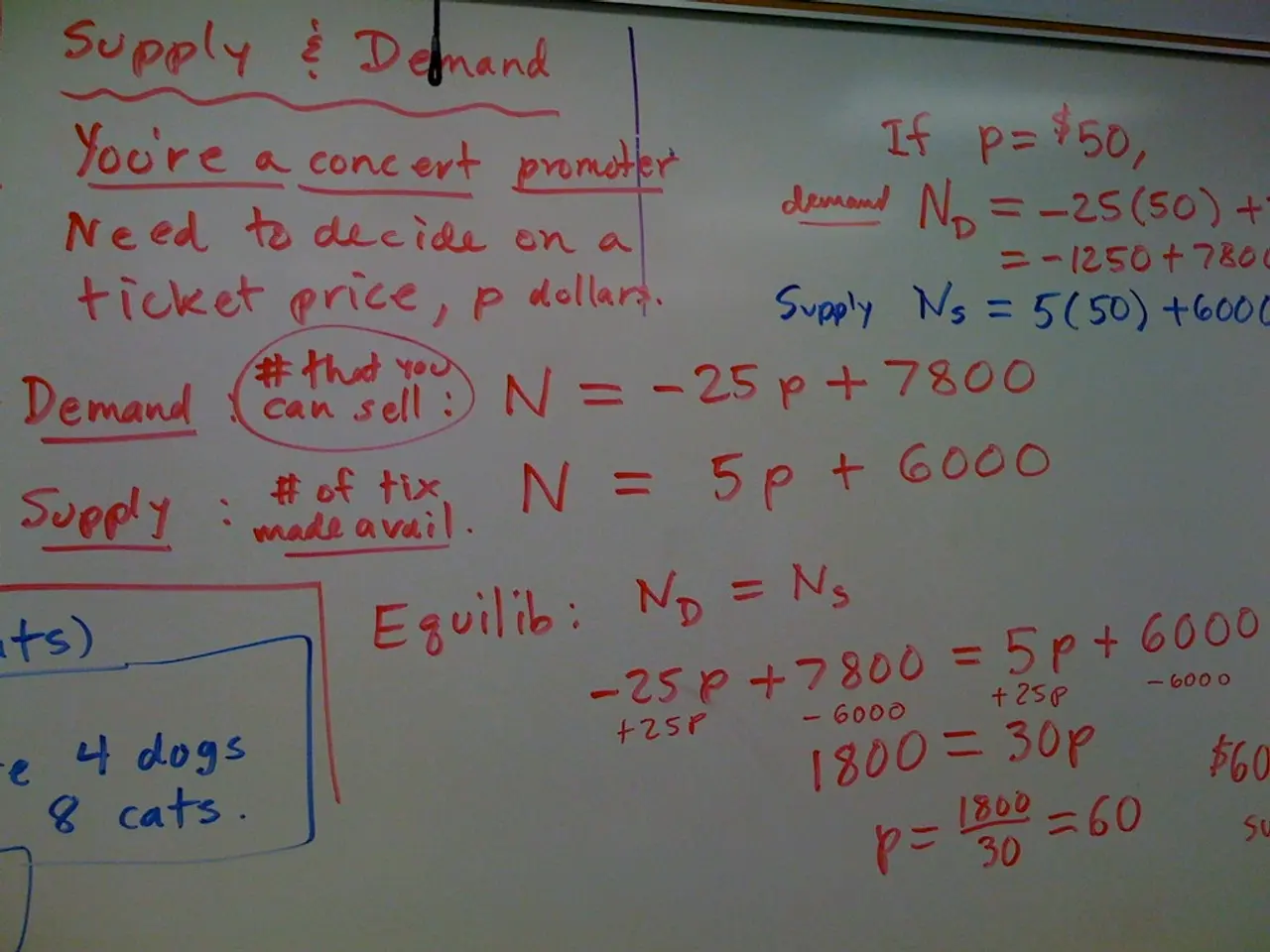Analyzing data via Google Analytics 4 metrics
In a significant shift from the traditional session-based model used in Universal Analytics (UA), Google Analytics 4 (GA4) has introduced event-based tracking, offering a more detailed and comprehensive understanding of customer journeys. Launched in October 2020, GA4 is now being used by over 15M+ websites, including notable brands such as Nike, Slack, and WordPress.
The key aspects of event-based tracking in GA4 include capturing every user action as a separate event, such as page views, clicks, scrolls, and video plays. Each event is recorded with its own timestamp and parameters, providing a clear picture of user behavior over time. This level of detail allows businesses to understand the typical paths visitors take before making a conversion or achieving a specific goal.
Moreover, GA4 enables the tracking of user interactions beyond a single session, offering insights into long-term engagement and return visits. The platform also offers customization and flexibility through the setup of custom dimensions and metrics, as well as the ability to create custom events to track actions specific to business objectives.
GA4's advanced analysis features include machine learning integration, which enhances data analysis by filling gaps and providing additional insights. The platform is designed to comply with evolving privacy regulations and cookie restrictions, ensuring continuous data collection and analysis as digital privacy standards change.
The benefits of event-based tracking in GA4 are numerous. Precision and detail offer a more accurate representation of user behavior compared to session-based models. Insights from event tracking can be used to tailor marketing strategies and improve the overall customer experience by understanding critical touchpoints and interactions. GA4's ability to track conversions across multiple devices and platforms helps businesses evaluate the effectiveness of different marketing channels.
In addition, GA4 provides improved reporting on organic search performance and audience segmentation. It focuses on event-based tracking, which helps SEOs analyze engagement more effectively. GA4 also integrates with Google Search Console data, allowing better keyword and performance tracking.
Furthermore, GA4 offers AI-driven predictive metrics to anticipate user behavior and optimize strategies. It improves attribution modeling to show how different marketing channels contribute to conversions. GA4 is available in 39 languages and is the most popular web analytics technology, holding an 88.7% market share.
As of now, after one year, only 25% of marketers were using GA4. However, the platform's benefits for understanding customer journeys, enhancing conversion tracking, and personalizing marketing strategies make it an invaluable tool for businesses seeking to improve their online presence and engagement. GA4 replaced Universal Analytics in July 2023, marking a new era in digital analytics.
- Data-and-cloud-computing technology, like Google Analytics 4 (GA4), has revolutionized education-and-self-development for modern marketers by offering a more accurate user experience through event-based tracking, enabling the understanding of complex customer journeys and the improvement of marketing strategies for personalization.
- In the realm of general news, the adoption rate of GA4, a cutting-edge analytics platform that aids businesses in gaining insights into user behavior by tracking event-based interactions, has seen rapid growth, with over 15M+ websites adopting it within a year, including notable brands such as Nike, Slack, and WordPress.




